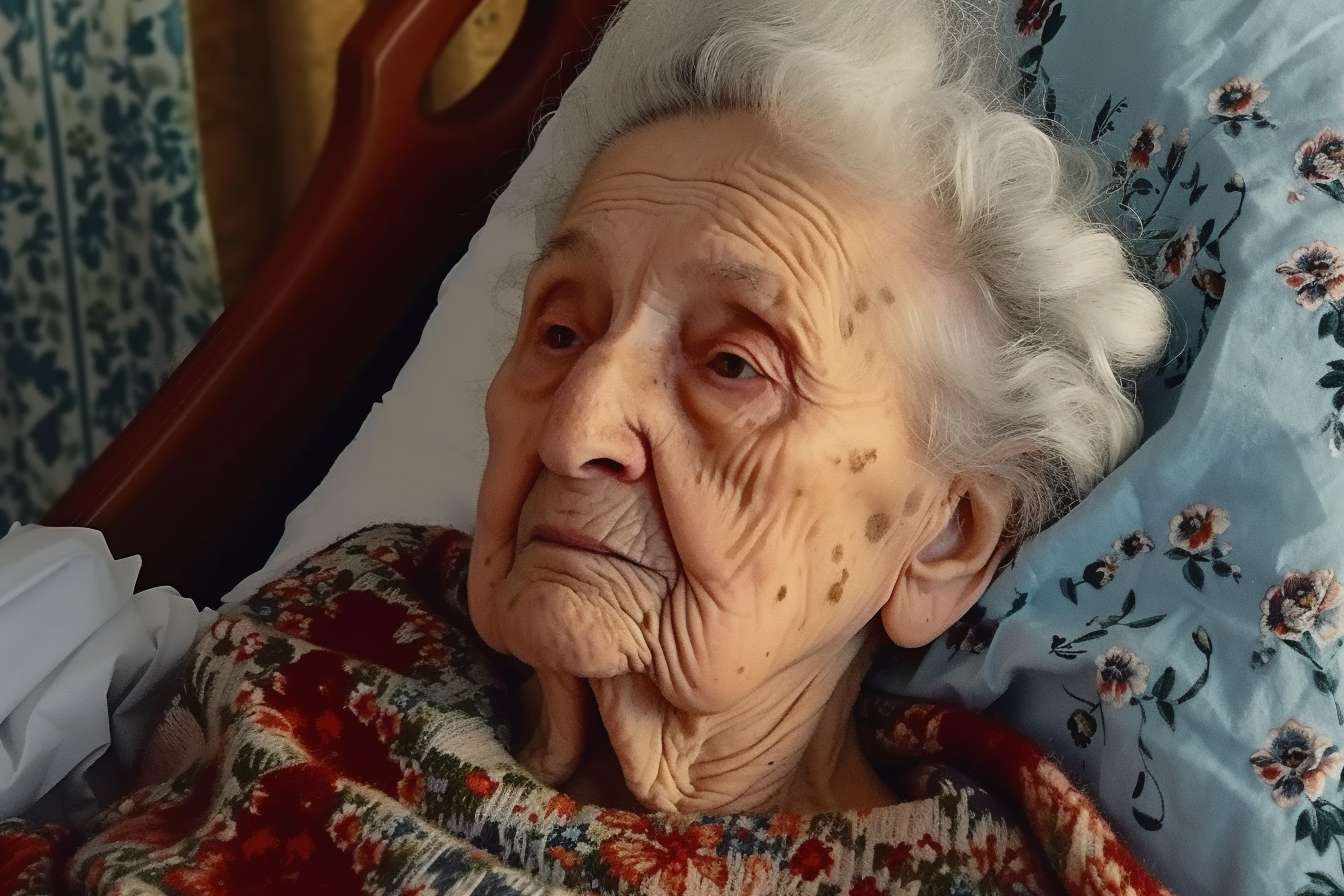Product Tester Jobs: How to Find and Join Studies
Product tester jobs bridge everyday curiosity and formal evaluation—whether you're trying new mattresses, testing a smart sleep tracker, or taking part in a medical device trial. This article explains what product testing roles look like, how research and studies differ, what to expect from medical tests, and practical steps to become a paid participant. Expect realistic descriptions of tasks, timelines, and where to look for legitimate opportunities in your area.

Sleep: Can you test sleep products as a job?
Testing sleep products ranges from evaluating comfort and usability to participating in monitored sleep trials. Consumer opportunities include trying mattresses, pillows, sleep trackers, and sleep-aid gadgets at home and providing structured feedback. More formal sleep studies overseen by research teams or sleep clinics may measure physiological data such as brain waves, breathing, and movement. Home testing tends to focus on subjective comfort and usability, while clinic-based sleep research combines subjective input with objective measurements.
Research: How does product research work for testers?
Product research for testers can be qualitative or quantitative. Qualitative methods gather in-depth impressions—focus groups, diaries, or interviews—while quantitative research uses surveys, usage metrics, or lab data to generate measurable results. Companies and academic researchers recruit participants to validate claims, refine features, or identify safety issues. As a tester, you might complete surveys, keep usage logs, attend virtual feedback sessions, or allow data collection through sensors or apps as part of a research protocol.
Study: What does participating in a product study involve?
A product study typically starts with screening questions to match you to the right demographic and usage profile. Once enrolled, you may receive a product to use for a set period, follow a testing protocol, and submit structured feedback. Expect clear instructions, confidentiality agreements, and sometimes performance tasks. Compensation varies by complexity—from free products for consumer trials to paid stipends for in-depth or time-consuming studies. Honest, timely responses and following protocols are key to becoming a repeat participant.
Medical: Are medical or clinical product tests different?
Medical product tests and clinical trials are more regulated and focus on safety and efficacy. Medical device or drug studies require informed consent, ethics oversight, and often clinical monitoring. These studies may involve physical exams, lab tests, and close follow-up. Unlike consumer product testing, medical trials can carry risks; therefore, eligibility screening and medical oversight are strict. This article is for informational purposes only and should not be considered medical advice. Please consult a qualified healthcare professional for personalized guidance and treatment.
Participant: How do you become a paid participant or tester?
Becoming a participant starts with building a credible profile and joining reputable platforms or research registries. Provide accurate demographic and lifestyle information, confirm availability, and respond quickly to invites. For clinical or medical studies, you’ll pass health screenings. For consumer testing, maintain clear communication, meet deadlines, and provide detailed feedback. Keep copies of consent forms and study instructions, and be wary of offers that require payment or ask for sensitive personal details beyond what’s necessary for study participation.
| Provider Name | Services Offered | Key Features/Benefits |
|---|---|---|
| Influenster | Consumer product testing and review programs | Free sample boxes, community reviews, brand campaigns, and product gifting for honest feedback |
| BzzAgent | Campaign-based product testing | Small-group campaigns, word-of-mouth emphasis, detailed reporting for brands |
| PINCHme | Free sample distribution and feedback | Try samples at home and complete quick surveys in exchange for products |
| Toluna | Surveys and product trials | Large community panels, product testing opportunities linked to surveys and reviews |
| UserTesting | Digital product and user-experience testing | Short paid tasks testing websites/apps with recorded feedback; useful for UX/product roles |
| Prolific | Academic and market research participation | Pays participants for online studies with clear study descriptions; reputable for research-quality projects |
| ClinicalTrials.gov | Registry of clinical studies (resource) | Centralized database to find medical trials and official study contact info |
Below are legitimate platforms and registries you can explore; terms and availability vary by location and project type. Always verify study credentials and privacy terms before enrolling.
Product tester roles span casual at-home trials to formal research participation. By understanding the differences between consumer tests, research studies, and medical trials, you can choose opportunities that match your interests, time commitment, and comfort with data collection. Prioritize reputable providers, read consent documents carefully, and treat each study as a chance to contribute meaningful feedback while gaining experience as a participant.






